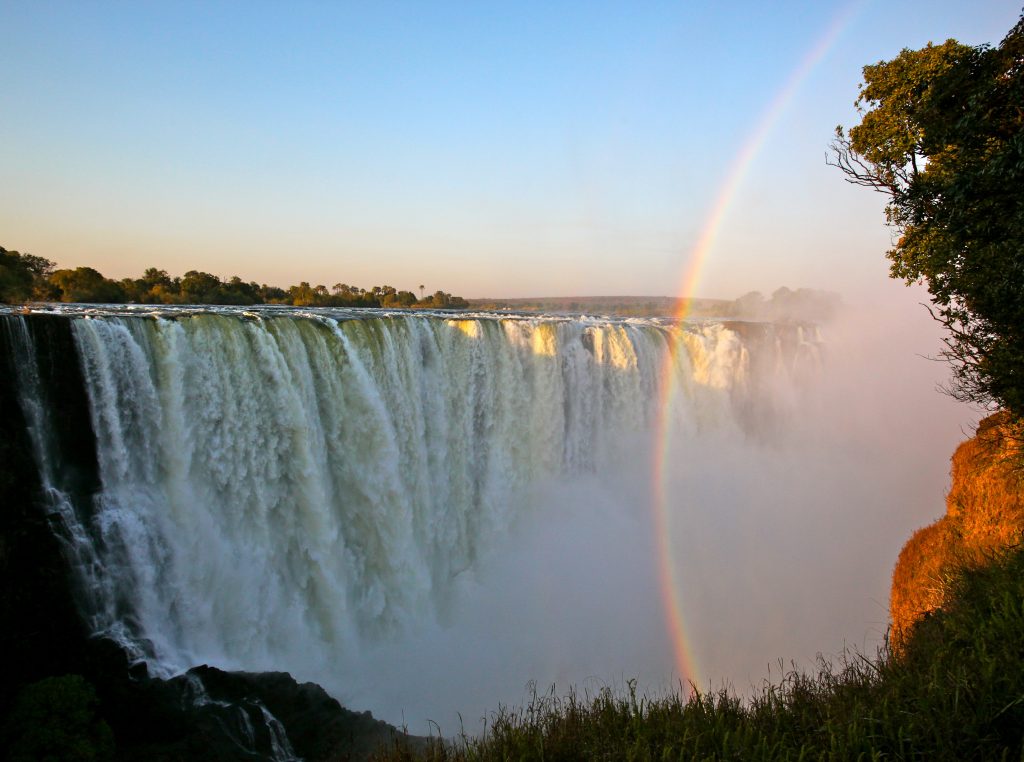
Lessons learned from sustainable economies around the
world
Zimbabwe is a landlocked country in Southern Africa with a
rich cultural heritage and diverse landscapes. From its vibrant
capital city Harare to the iconic ‘Mosi-oa-Tunya’ – ‘The Smoke
that Thunders’ (Victoria Falls), Zimbabwe captivates with its
extensive historical significance and natural beauty.
The country gained internationally recognised independence
in April 1980 after a long period of British colonial rule and 15
years of white-dominated minority rule.
Zimbabwe is divided into ten provinces, each with its own
distinct characteristics, cultural nuances, and economic
activities
*Two major cities: Harare and Bulawayo, have held
Metropolitan Provincial status since 1997
Zimbabwe has a diverse population with various ethnic
groups, including the Shona, Ndebele, Tonga, and many
others- boasting the most official languages in the world.
Historically, there have been tensions and challenges related
to ethnicity and representation, particularly in political and
socio-economic spheres. Ethnic segregation and disparities in
resource distribution remains challenges that the country
continues to address.